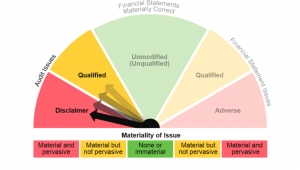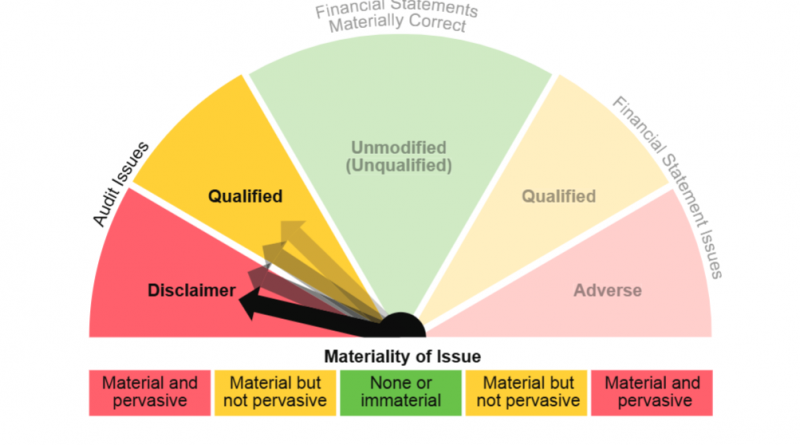Why Credit is Good and Why You Should Build It
Saidy McQuillan
Staff Writer
Credit is probably something that you hear about all the time, credit cards, credit scores,
credit reports, however it’s one of those topics that often feels a little mysterious until you
actually need to use it. The truth is that credit is one of the most important aspects of your
financial life. Whether you’re applying for a car loan, an apartment, or preparing for your
first big job, credit quietly shapes the opportunities that are available to you.
Beginning by building credit early isn’t just about having a number on your credit card app;
it’s about building trust with the financial system. A credit score is a metric of your ability to
pay back debt and tells lenders how likely you are to actually pay back the money you
borrow. Having a good credit score opens a variety of doors, saves you money in the long
run, and gives you flexibility when life happens.
Why Credit Matters More Than You Think

Credit matters because it can impact nearly every area of your adult life. As an example,
say there are two people applying for a car loan. One has a solid credit history, and the
other has never used credit before. The first person might get approved instantly with a
lower interest rate, while the second either gets denied or pays hundreds more over the life
of the loan via a higher interest rate. The difference is their credit, as one has shown the
ability to pay back their loans while the other hasn’t.
Your credit score affects much more than loans, too. Landlords often check it before
approving rental applications, or employers use it as part of background checks. Even your
phone carrier or insurance company might base your rates on a credit score. A good credit
score shows that you’re dependable and financially responsible, which can pay off in a
multitude of ways.
Also, credit is essentially a safety net; life is not always predictable. It is possible that an
emergency, medical expense, or change in job may occur unexpectedly. So, if you keep a
credit card or a line of credit with a balance that is within your means, it will be able to help
you get over those periods without taking out of your savings.
How Building Credit Actually Works
Credit builds gradually, through habits and consistency. You start building credit by having
a loan in your name (ex. A student credit card, a secured card, or a small loan). Each time
you make a payment on time, that information gets reported to a credit bureau. Over time,
those payments build a history that tells lenders you are someone who can pay back your
debt.
One of the main things that determines your credit score is your payment history, so it is
very important that you do not miss a payment. The next most important factor is the
percentage of your available credit that you use. For instance, if you have a credit card with
a $1,000 limit, it is recommended that you keep your balance below $300 (A widely used
guideline is that the credit utilization should not exceed 30%). To be granted credit in a
responsible manner is a sign of good practice, and therefore lenders will offer you more
attractive deals, increase your credit limits, and reduce interest rates.
Length of credit history also matters. The earlier you start, the better. Even a simple credit
card used for small purchases and paid off monthly can lay the foundation for years of
strong credit. Overall, the goal isn’t to take on debt, but to show you can handle credit.
Common Myths About Credit
A lot of people are hesitant to start using credit because they’re afraid of debt. It’s a fair
concern, but the key difference is how you use it. Having credit doesn’t mean you’re in
debt. It just means you have access to borrowed money. If you pay off your balance every
month, you avoid interest entirely and still build your credit history.
Another myth is that checking your credit score hurts it. That’s not true when you check it
yourself. Only “hard inquiries,” like applying for multiple loans within a short period, can
slightly lower your score. Keeping track of your credit mitigates this risk by ensuring you
stay on top of your score and report any errors to your credit company.
Why You Should Start Now
If you were a student or just starting your financial journey, I would say that this is the best
time to start. Credit history takes quite a while to develop, so even small steps today will
be very helpful to you in the future. Put a credit card to use for groceries or gas, pay the
credit card off every month, and watch as your credit score increases.
When the time comes to buy a car, move into an apartment, or even start a business, your
future self will definitely thank you. Having good credit is similar to having a strong
foundation; it makes everything else easier to build on.
Therefore, credit is one of the most potent instruments you can own for independence and
opportunity, even if it doesn’t seem urgent at the moment. Use it wisely, and it will open
new opportunities for you in the future.
Contact Saidy at saidy.mcquillan@student.shu.edu

